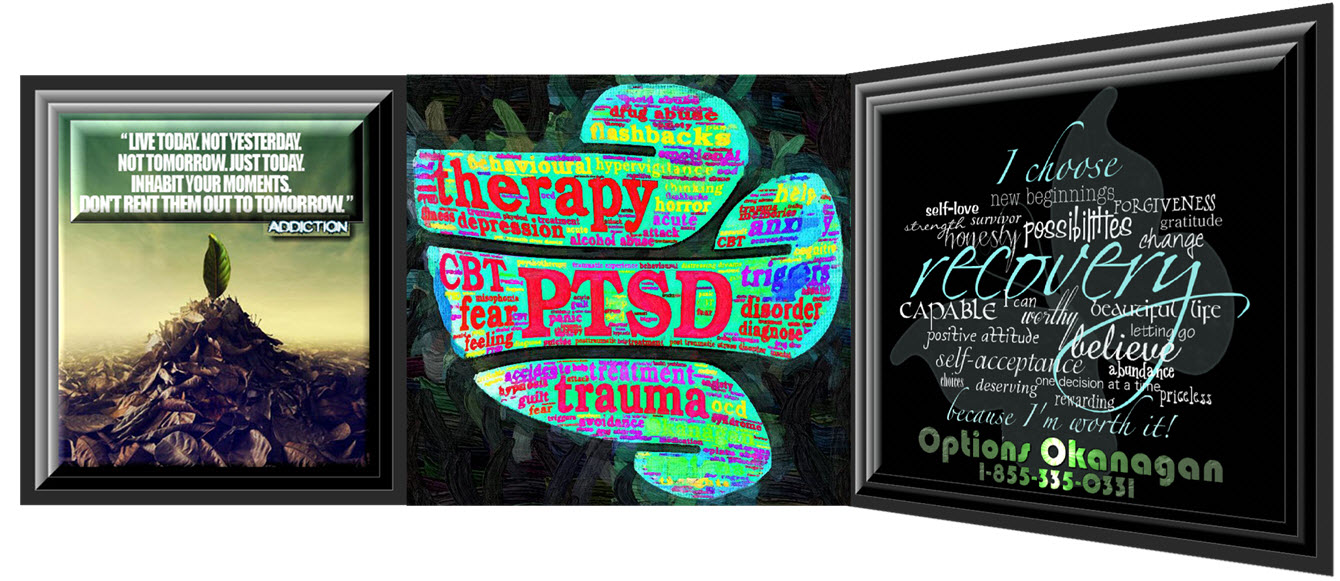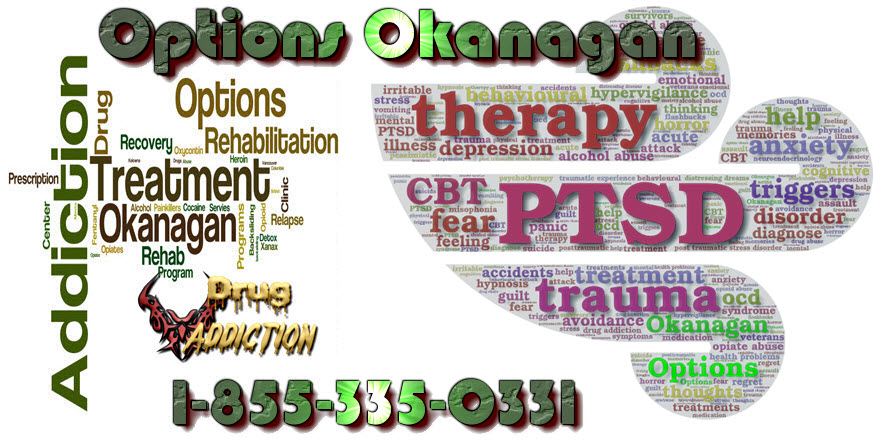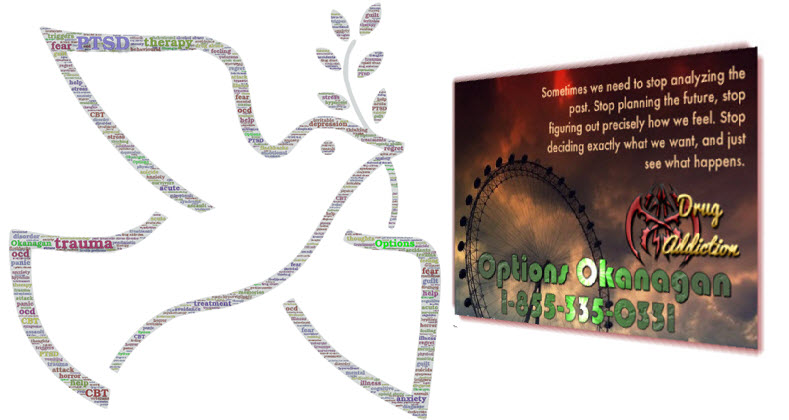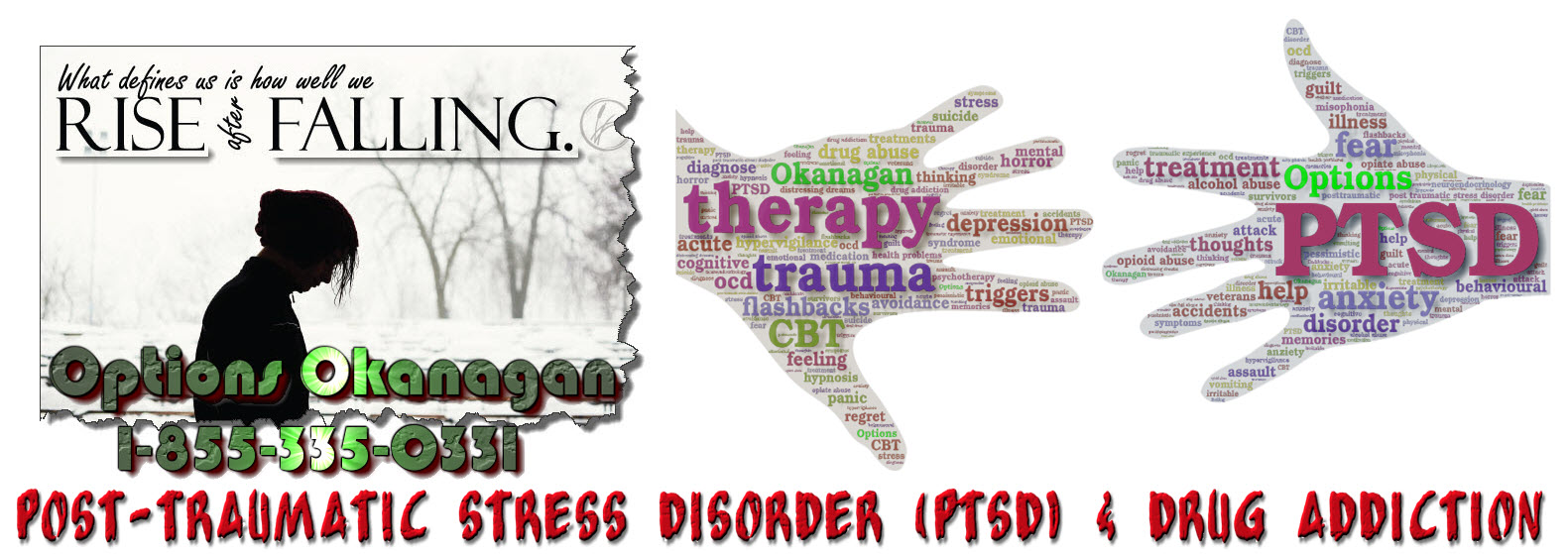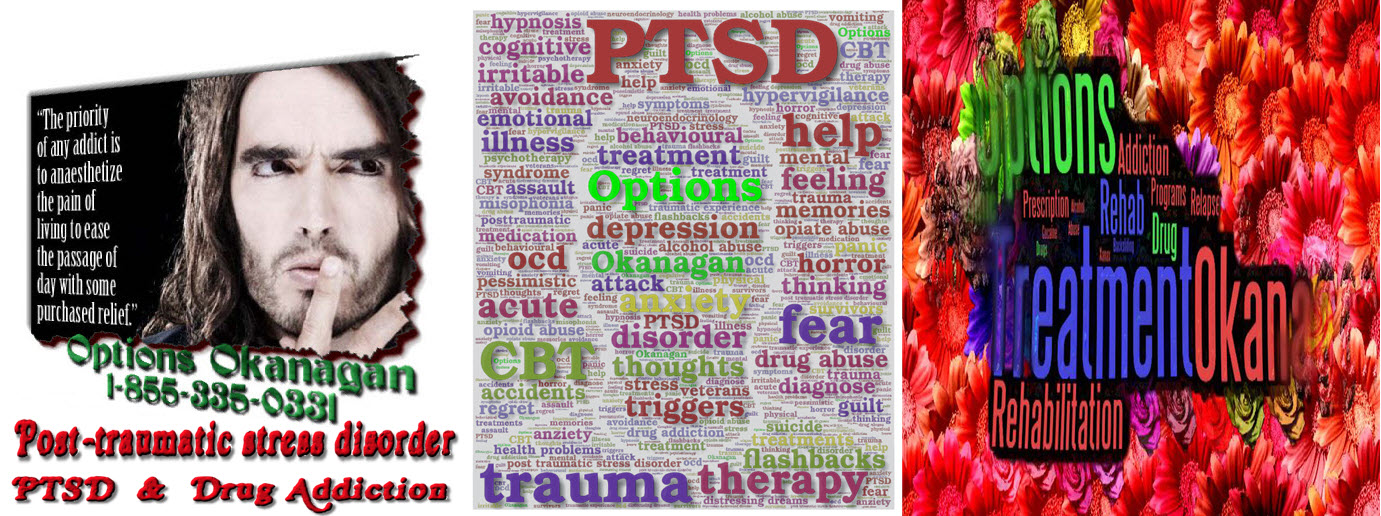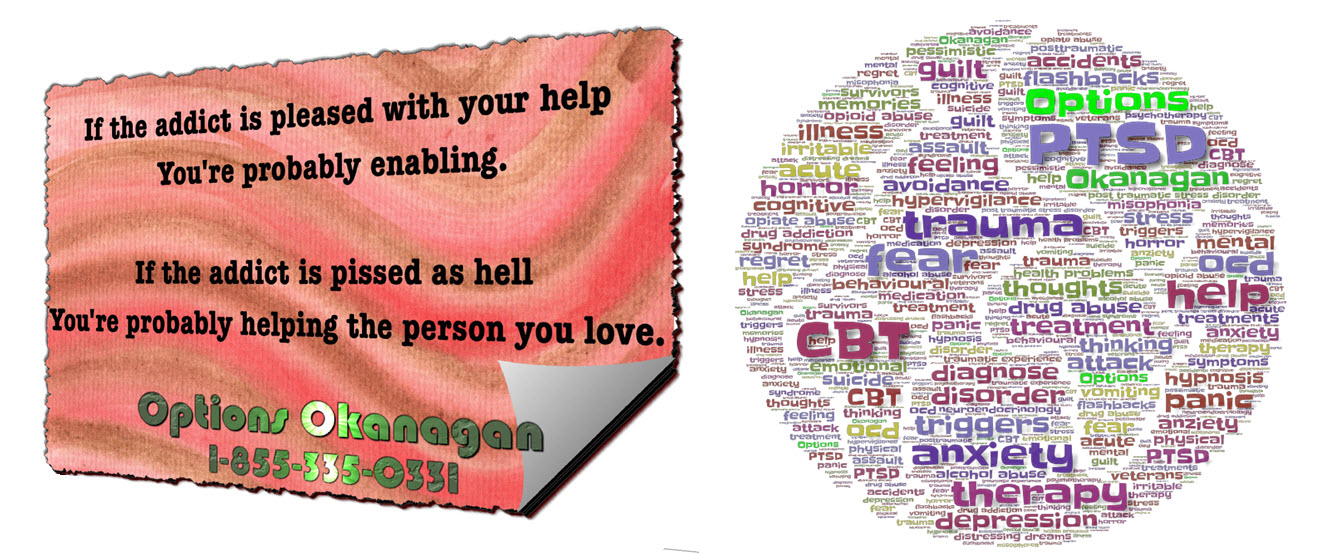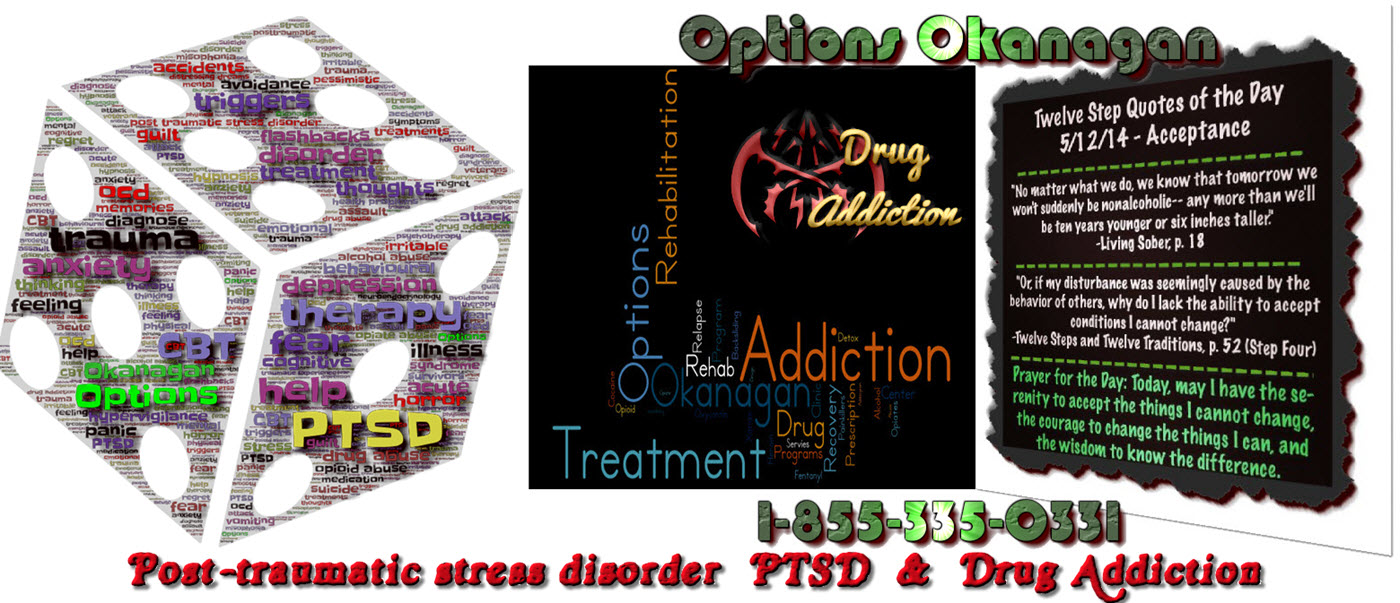Benefits of mental health support groups and mental health disorder clinics – Opioid drug rehabilitation programs in British Columbia and Alberta – Options Treatment Center in Kelowna, British Columbia treating prescription drug, opiate, fentanyl, heroin, and alcohol addiction and recovery.
Prescription Drug Rehabs In Alberta And BC
Mental illnesses are not like physical disorders because they are difficult to identify or to recognize. That is why it is hard to understand the sufferers of these disorders. This is the reason many sufferers believe they suffer alone and there is no help available. Additionally, they are embarrassed by the disorder and they are highly convinced that there is no way of healing them.
Many mental health patients believe these beliefs are true. That is why it is hard to make them look for comfort or treatment.
Mental Health Disorder Clinics In Alberta And BC
Mental health support groups were created to change these views. These supports were created to help patients seek treatment by helping them know that a lot of people are facing the same experiences they are facing, which can help make the patients continue with their treatment because there is more hope for their suffering. Some patients lack a support system, so their group provides it.
Mental Health Support Group
A support group is formed by people with the same interests or goals.
When it comes to mental health, a support group is a gathering of people with the same sufferings that provide emotional and moral support to people with similar sufferings
The support groups usually specialize and focus on one condition. For instance, it is hard to find a support group that covers both schizophrenia and depression. The need to specialize is because psychiatric or mental disorders are very complicated, so they require a specific direction.
Formal and professional treatment could be used with support groups, but they are usually confused with group psychotherapy sessions. Support groups and group therapy are different because a formal and pedagogical setting is required in group therapy. In group therapy, qualified mental health professionals guide a group of people with the same disorders.
Anyone, who wants to form a support group or who has an interest in the services they can gather from this type of group, can form a support group. Anybody can create this type of group. For example, a family member of someone suffering from mental illness or a patient with a specific mental disorder can create a mental health support group. However, mental clinics, non-profit organizations, and mental health providers can form more organized support groups. A knowledgeable moderator or a facilitator, who is qualified in the field, controls and manages the group.
The patients of mental illness are usually members of the support group. The members normally found on support groups, which focus on a broader disorder like depression or these specific disorders, are people suffering from unipolar or bipolar disorder.
The most popular support groups are the ones using the internet because these groups are very broad in both audience and the topics they cover. Also, there are customized support groups, such as support groups through the telephone or in person-to-person format, however, they are very limited. The main disadvantage of joining an online support group is the lack of more personalized support.
As a mental health patient, you could supplement the professional treatment you receive with the mental health support group. However, do not substitute your medical and psychological treatments with the services you get from this group. A support group can give you new hope because it opens you to a new reality. Keep in mind that it is not all about will power when it comes to mental illness treatment.
Options Okanagan Opiate and Alcohol Treatment Centers in Kelowna, Salmon Arm and Vancouver, British Columbia – Men and Women are recovering and healing from Alcohol and Drug Abuse at our treatment center here in the Okanagan right now.
Our unique and distinctive Opiate Drug and Alcohol treatment program allows men and women to come in from Calgary as well as Edmonton as we offer airport pickup.
Numerous clients come to us from Vancouver, Calgary, and Edmonton and other locations in Alberta and even other provinces for Opiate addiction treatment, heroin drug treatment, many other drugs, and alcohol addictions for rehabilitation because of the uniqueness of our treatment center.
Our (Kelowna) Alcohol and Drug Treatment Program Location:
(Not Mailing Address) – Contact Us – Web Page
For Mail Delivery :: Please contact each center for correct mailing addresses, also this location is the location of our residential treatment programs in Kelowna. Please call Toll Free 1-855-335-0331 – to contact the treatment center you are going to for the address and directions.
Options Okanagan Drug and Opiate Treatment Center
551 Sherrydale Crescent, Kelowna, British Columbia, V1V 2E6
Toll-Free Phone Number: 1-855-335-0331

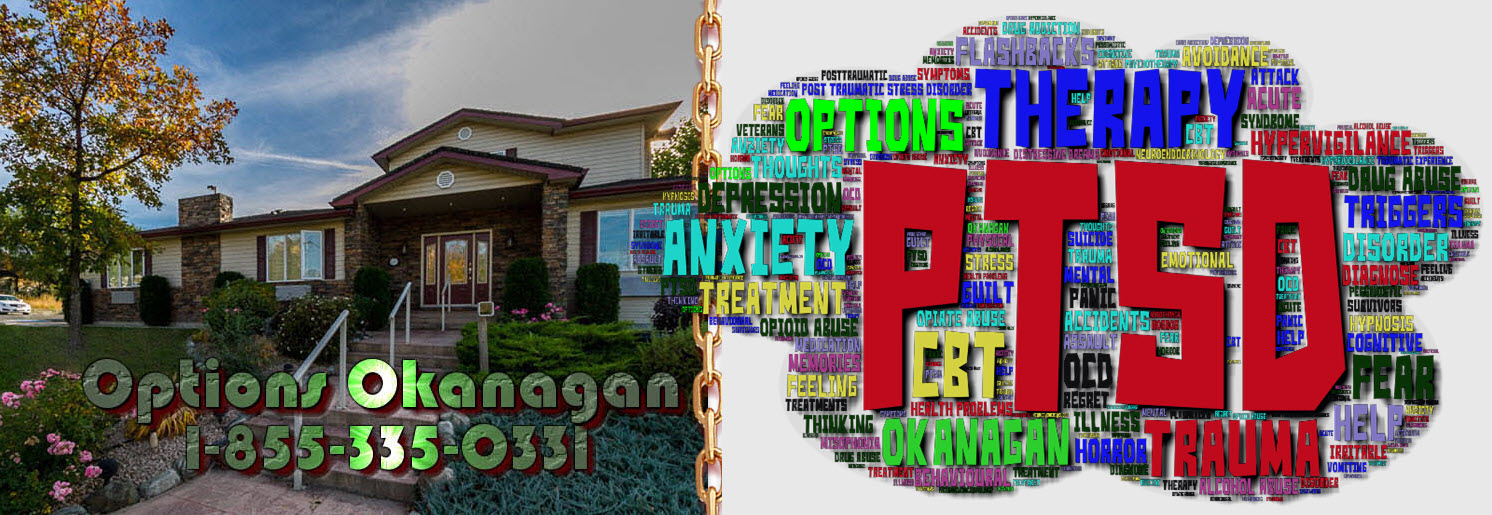
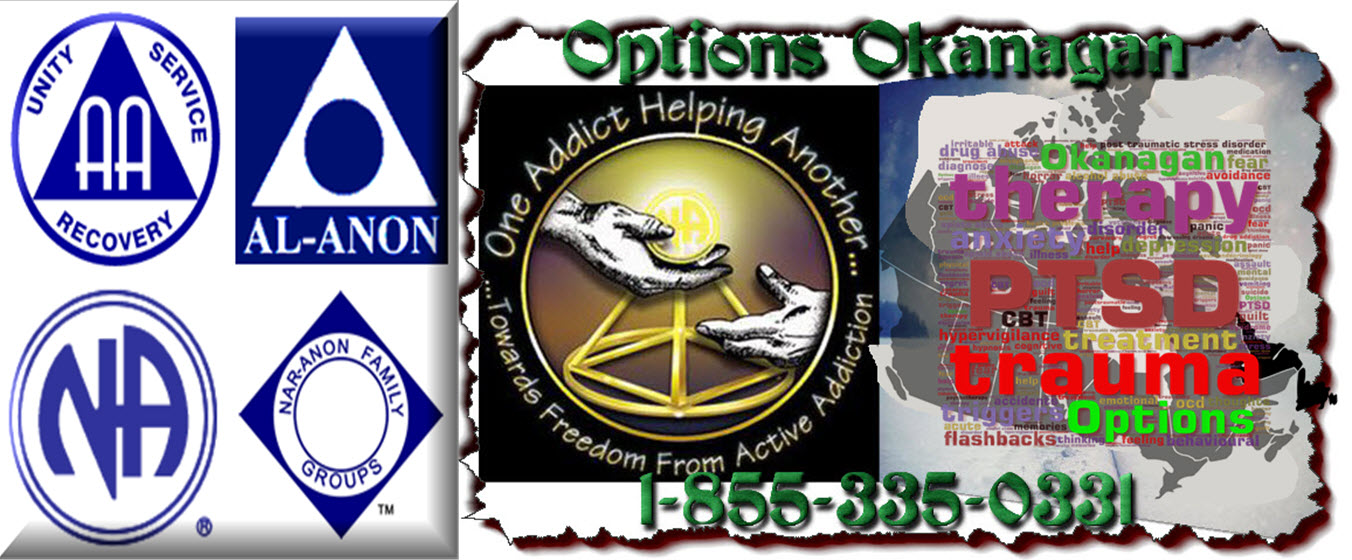
 or Mental Health Disorder Treatment Programs in BC and Alberta - Options Okanagan.jpg)


 and Trauma Treatment - Mental Health Disorder Programst in Alberta and BC - Options Okanagan.jpg)
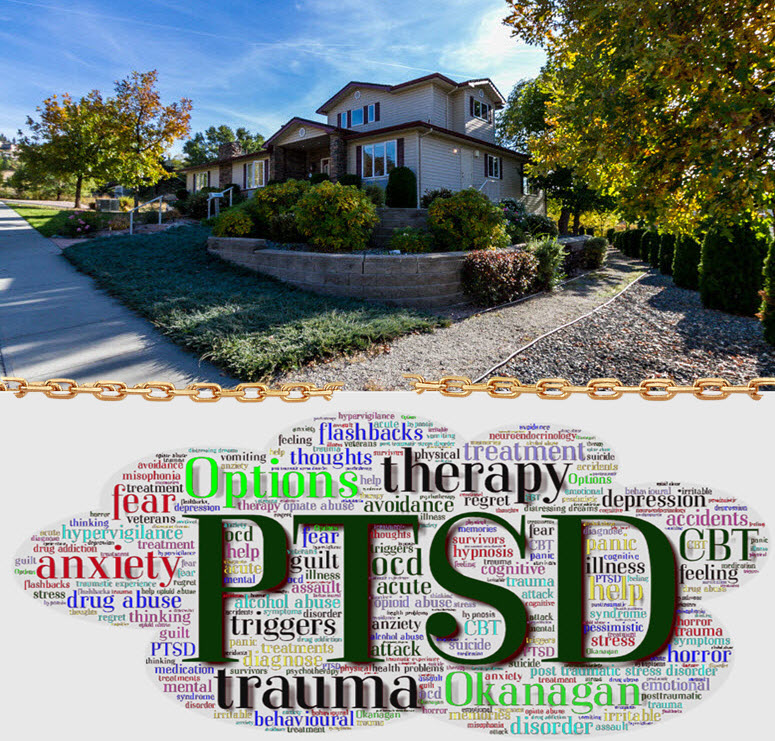
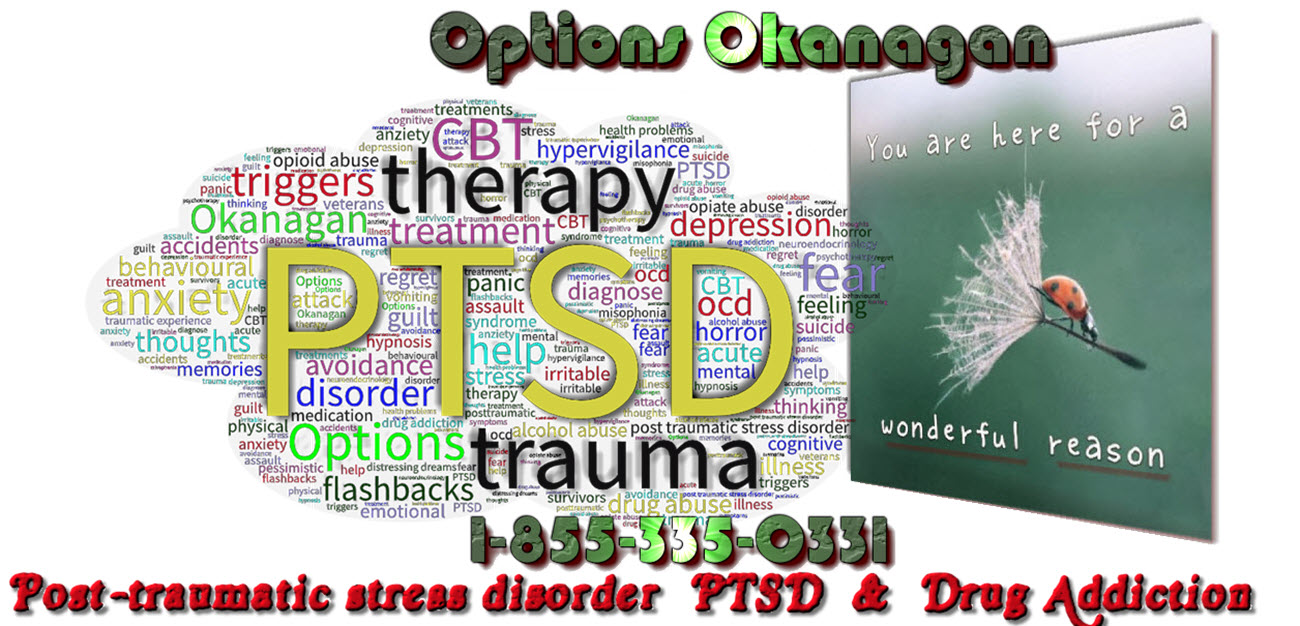
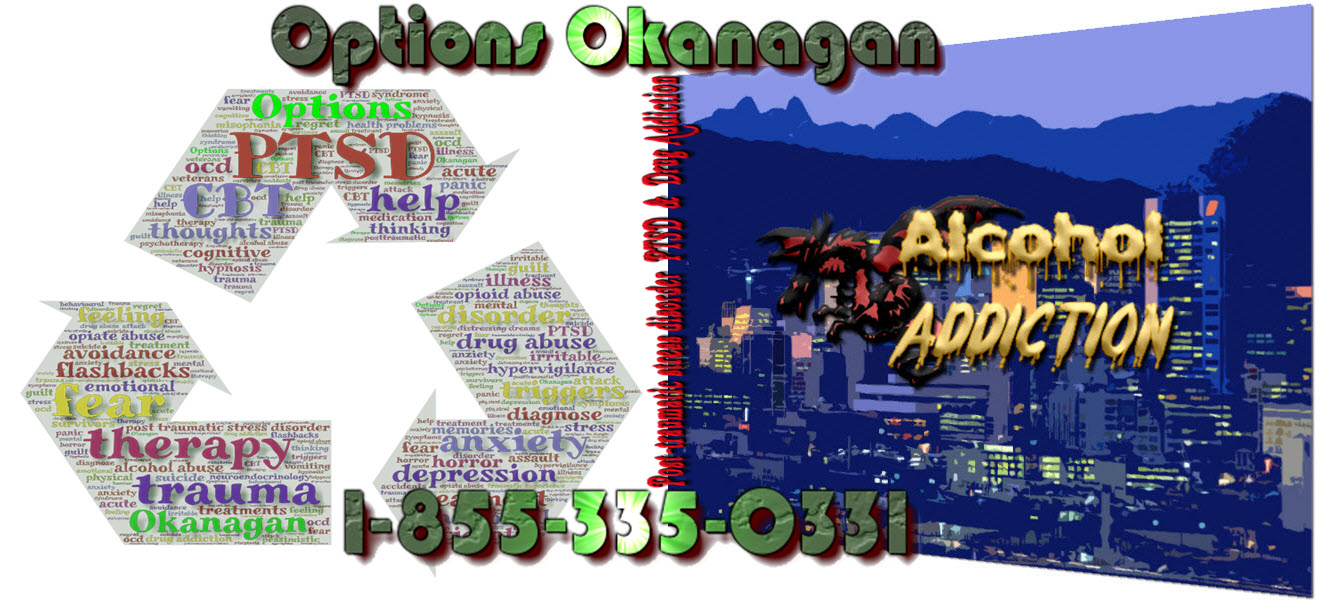
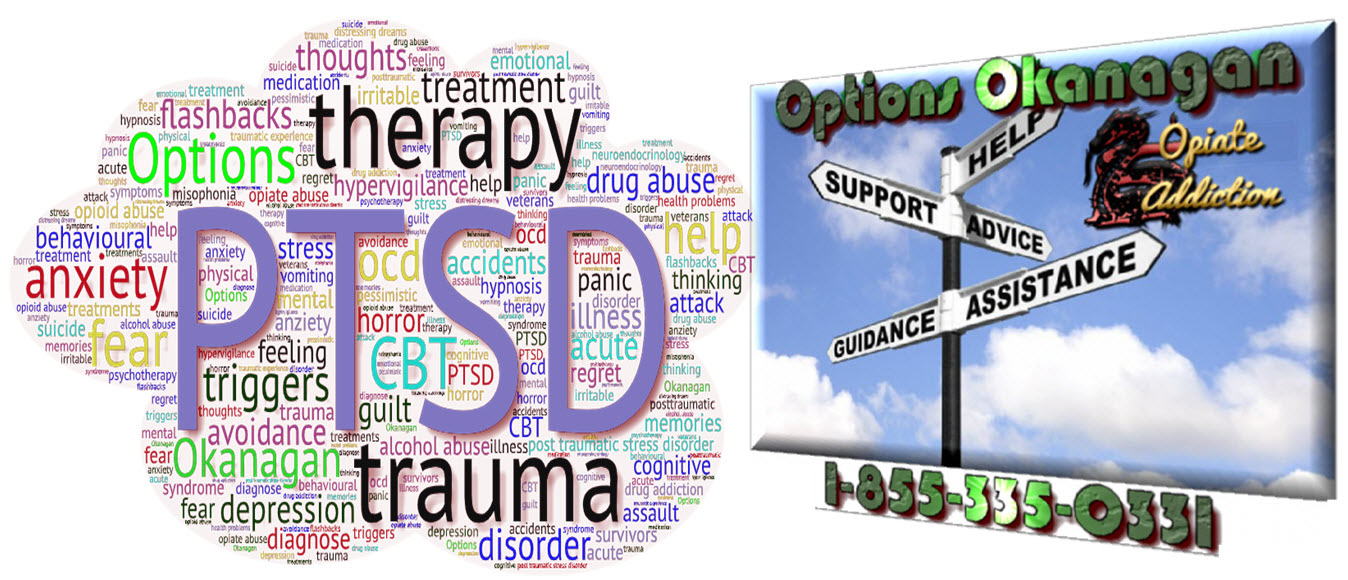
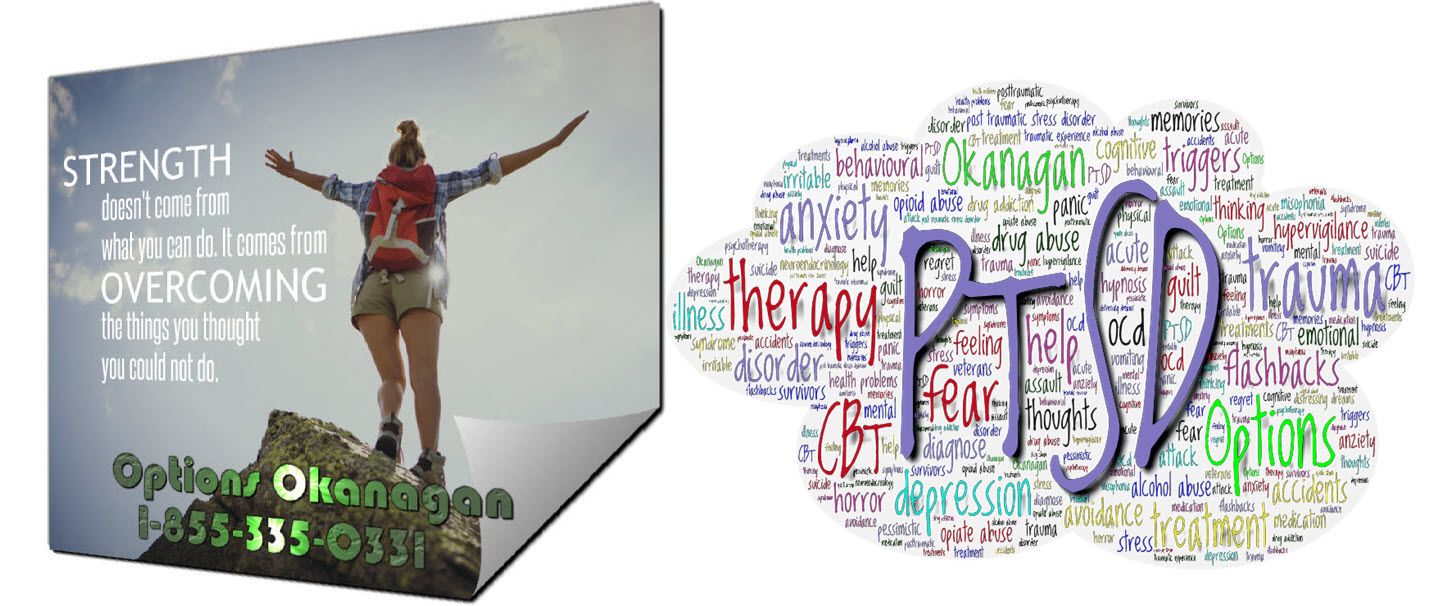

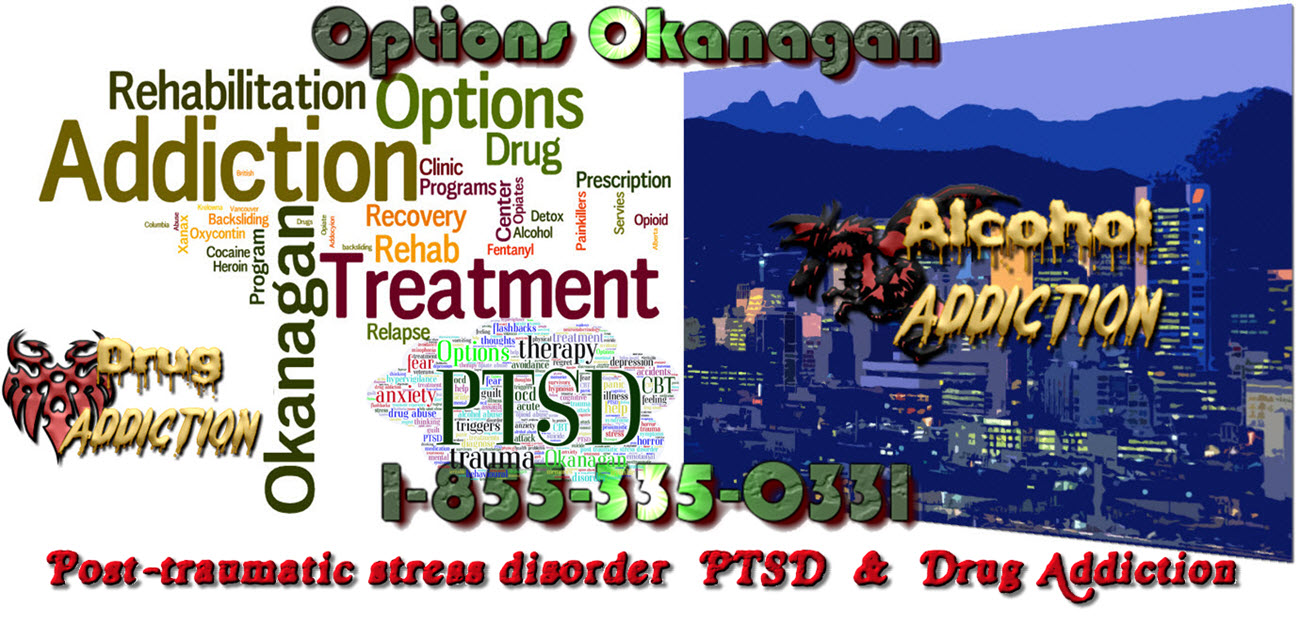
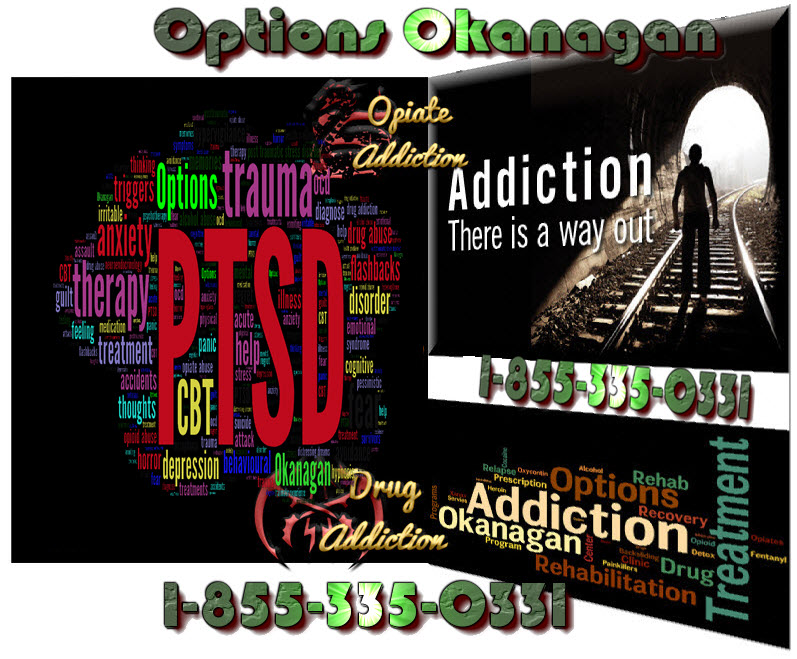
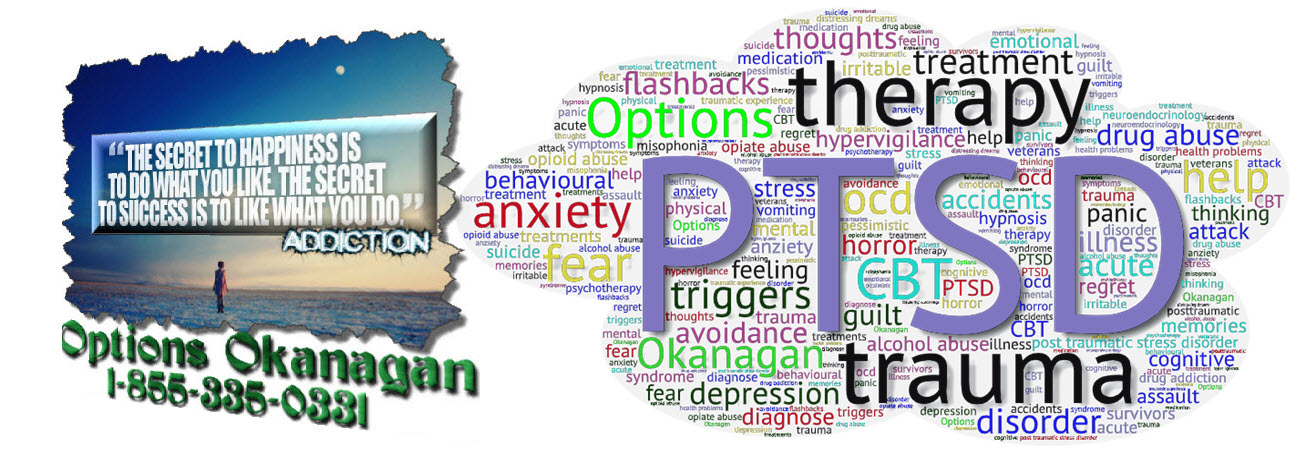
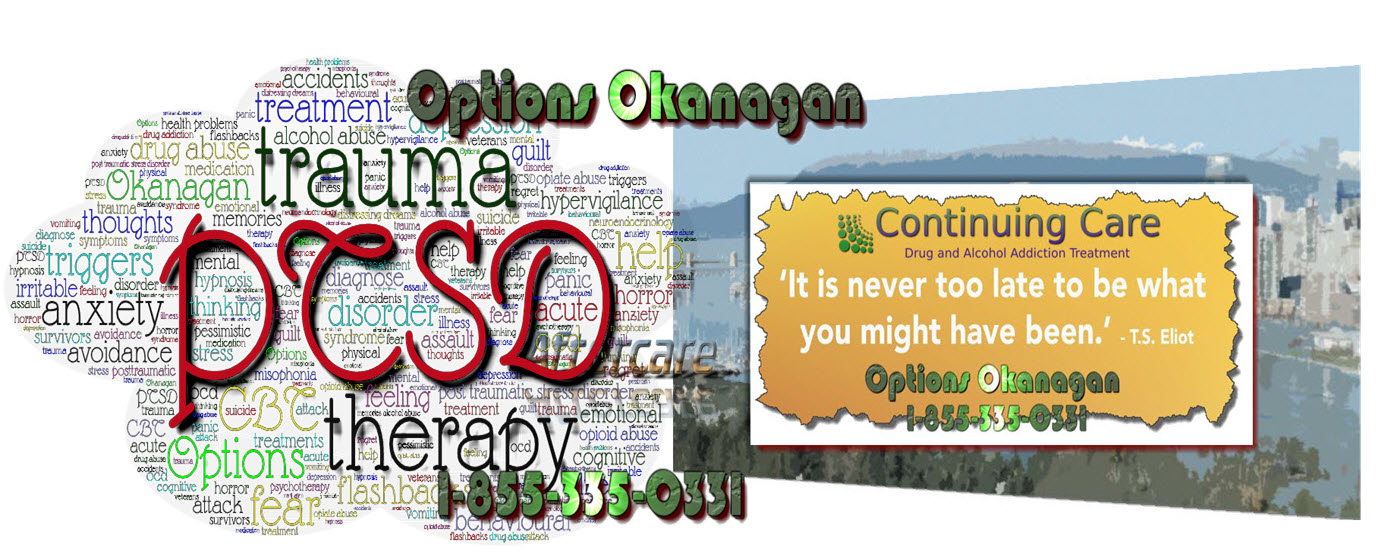
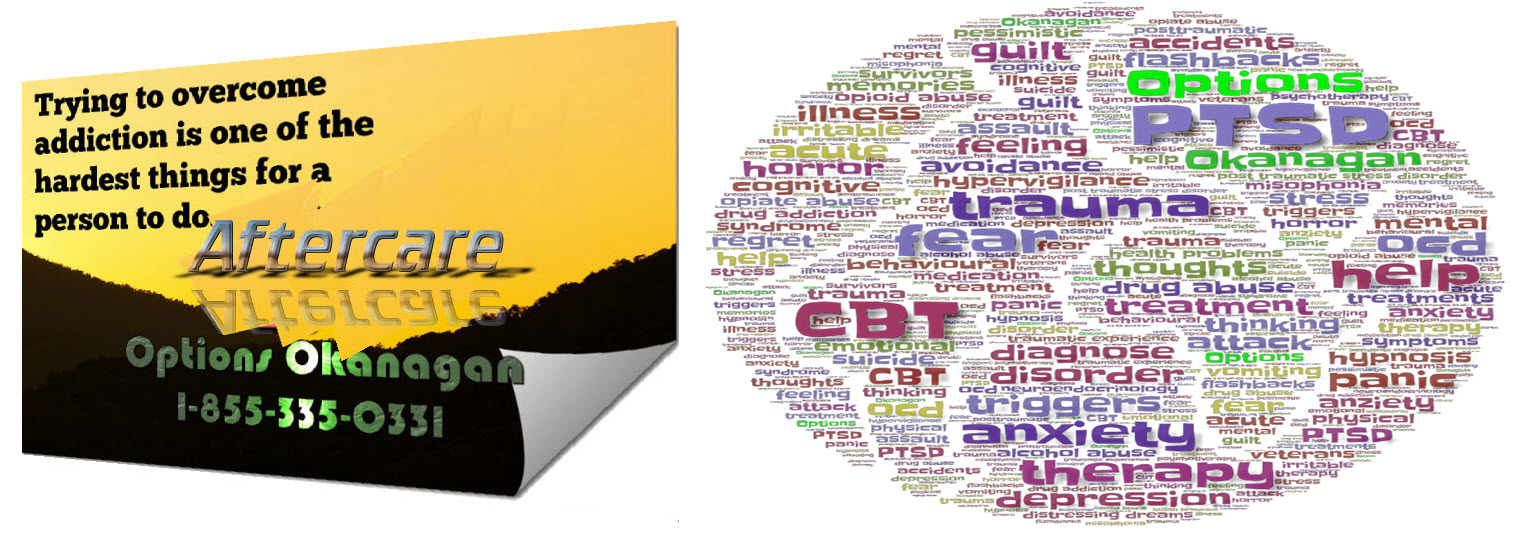
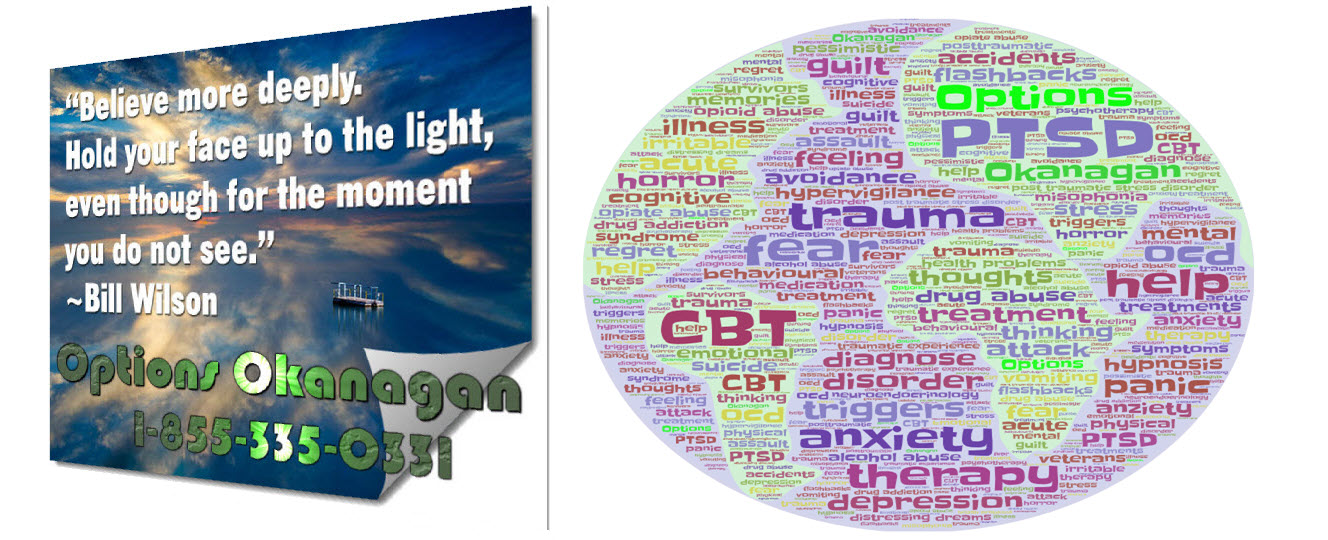

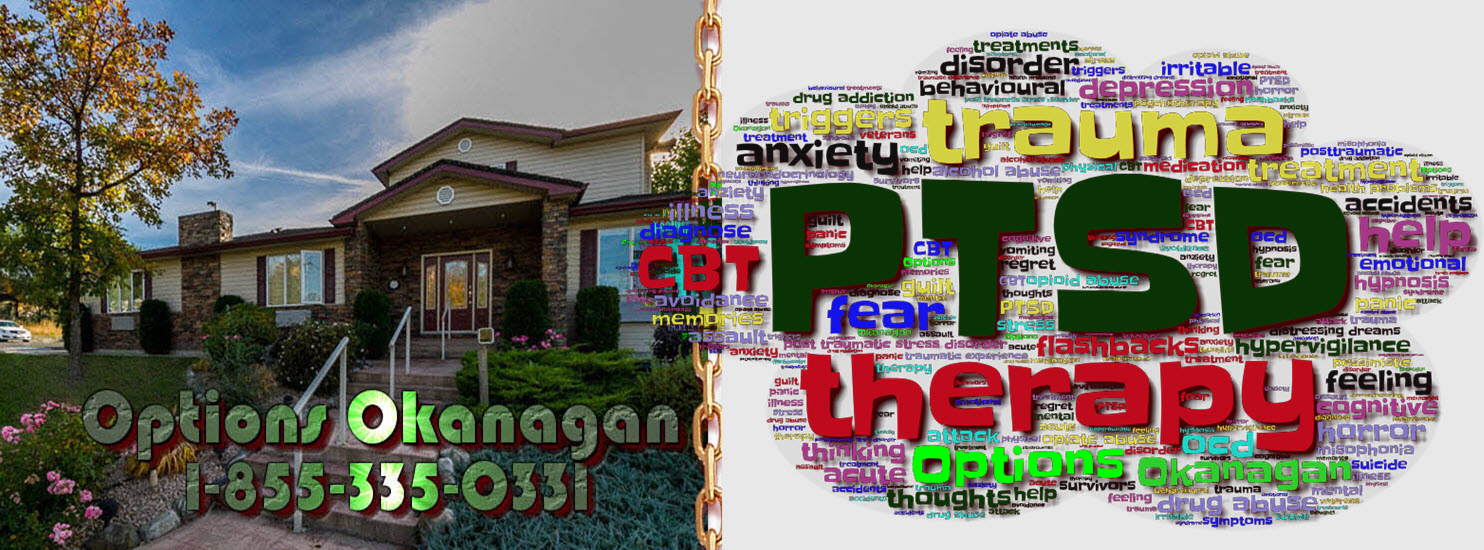
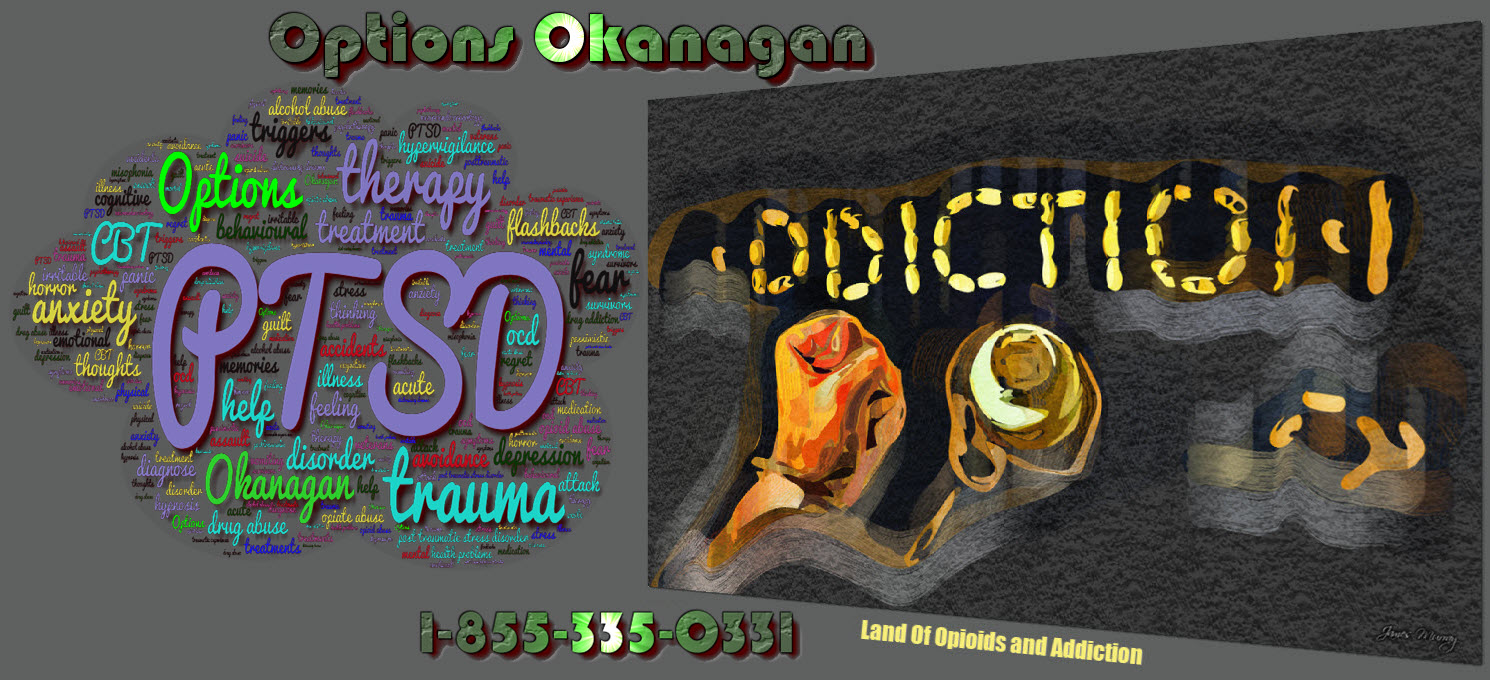
 and Trauma Rehab Centers in Alberta and BC - Options Okanagan.jpg)
